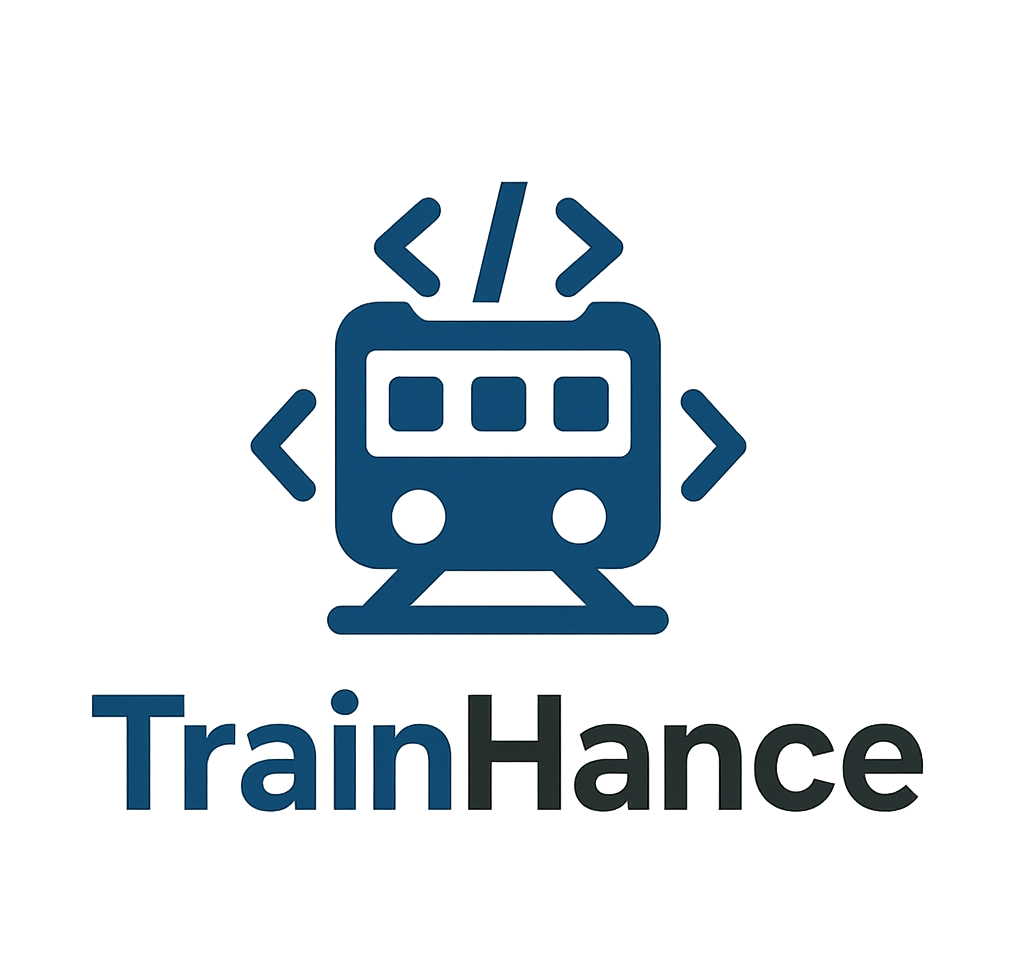Top 10 Interview Questions on Finacle for IT Developers
Finacle, a core banking solution from Infosys, powers banks worldwide by providing scalable, secure, and feature-rich services. IT professionals working with Finacle need a deep understanding of the platform’s architecture, modules, scripting capabilities, and troubleshooting mechanisms. Whether you’re preparing for an interview or seeking to enhance your skills, having a solid grasp of key Finacle concepts is crucial.
This post covers the Top 10 Interview Questions on Finacle for IT developers, along with insights and tips to help you ace your career in core banking technology.
Table of Contents
- What is Finacle and Its Architecture?
- Key Modules: CRM, Payments, Loans
- Finacle Scripting Basics
- Finacle APIs and Integration Points
- Batch Job Management in Finacle
- Handling Customization in Finacle
- Finacle Logs and Debugging Tips
- Finacle Upgrade Process
- Common Performance Issues and Solutions
- Real-Time vs Batch Transaction Handling
- FAQs
1. What is Finacle and Its Architecture?
Overview
Finacle is a robust core banking software system used by banks and financial institutions globally. It streamlines day-to-day operations, including retail banking, wealth management, payments, and more.
Architecture
Finacle’s architecture is highly modular and scalable, ensuring flexibility across different banking use cases. Key components include:
- Middleware: Facilitates communication between systems and supports integration.
- Database Layer: Handles all data storage needs. Most deployments use Oracle or PostgreSQL.
- Application Layer: Comprises services that manage banking modules like payments, accounts, and CRM.
- Presentation Layer: Offers user-friendly interfaces for both customers and employees.
Pro Tip: Highlighting your familiarity with this architecture during interviews will demonstrate your preparation and technical knowledge.
2. Key Modules: CRM, Payments, Loans
CRM (Customer Relationship Management)
The CRM module in Finacle ensures efficient handling of customer interactions. Key features include:
- Centralized customer profiles.
- Cross-selling and up-selling functionalities.
- Cost-effective customer support systems.
Payments
The payments module enables seamless processing of domestic and international transactions, supporting:
- NEFT, RTGS, and UPI for domestic payments.
- SWIFT integrations for international remittances.
Loans
The loans module automates loan processing, offering:
- Application-to-disbursement workflow.
- Real-time interest calculations.
- Risk evaluation for applicants.
Understanding module-specific workflows is critical in an IT developer role within Finacle projects.
3. Finacle Scripting Basics
What Is Finacle Scripting?
Finacle supports scripting languages to extend its functionalities without altering the core system. Developers use scripts for automating repetitive tasks or customizing workflows.
Commonly Used Languages
- JavaScript: Often used for browser-level customizations.
- Groovy: Widely employed for transactional and batch-level processes.
Example:
You may be tasked with automating specific validation steps during account creation with concise Groovy scripts.
Pro Tip: Being proficient in these scripting techniques will set you apart during technical assessments.
4. Finacle APIs and Integration Points
What Are Finacle APIs?
Finacle provides RESTful APIs for integrating with third-party systems, enabling omni-channel banking services.
Common Use Cases
- Connecting payment gateways for online banking.
- Third-party apps utilizing customer financial data.
- API gateways integrating Finacle with cloud solutions.
Pro Tip: Familiarize yourself with Security mechanisms (such as OAuth) for safe API consumption.
5. Batch Job Management in Finacle
What Are Batch Jobs?
Batch jobs are backend processes that update database records in bulk. They’re used for tasks like daily account reconciliation or interest calculations.
Tools for Batch Job Monitoring
- Scheduler Frameworks: Monitor execution status, retry failed jobs, and generate logs.
- Automation Tools: Examples include Crontab for Unix-based deployments or Windows Task Scheduler.
Interview Tip
Be ready to explain how to troubleshoot failed batch jobs using log analysis and database queries.
6. Handling Customization in Finacle
Most banking clients require Finacle to be tailored to their specific needs.
Common Customizations
- Adding new fields to customer forms.
- Modifying workflows for local regulations or corporate rules.
- Defining alerts for specific compliance thresholds.
Challenges
Customizations can disrupt system upgrades if not properly documented, so following best practices is key.
Pro Tip: Share examples of customization projects you’ve successfully delivered during interviews.
7. Finacle Logs and Debugging Tips
Common Log Files
- Application Logs: Contain error traces for transaction failures.
- Server Logs: Record real-time system-level events.
- Scheduler Logs: Provide insights into batch job execution.
Debugging Tips
- Use tools like Splunk for log analysis.
- Narrow debugging scope by correlating timestamps across logs.
- Focus on primary error codes or exception messages for faster resolution.
8. Finacle Upgrade Process
The upgrade process for Finacle varies based on the environment’s complexity and modules deployed.
Phased Approach
- Assessment: Identify modules requiring updates while maintaining compatibility with existing workflows.
- Sandbox Testing: Test upgrades in an isolated environment to detect potential issues.
- Production Rollout: Implement the upgrade with minimized downtime using blue-green deployment strategies.
Pro Tip: Highlighting your hands-on experience in upgrades demonstrates your command of Finacle environments.
9. Common Performance Issues and Solutions
Typical performance bottlenecks include:
- Slow Query Execution: Resolving by adding indexes or optimizing SQL.
- Server Downtime: Managed by setting up load balancers for resource scaling.
- Integration Latency: Mitigate with message queuing systems like Kafka for asynchronous event handling.
Being able to discuss root causes and solutions effectively can showcase your problem-solving skills.
10. Real-Time vs Batch Transaction Handling
Real-Time Transactions
- Occurs instantaneously (e.g., NEFT, UPI).
- Lightweight processes ensure quick updates.
Batch Transactions
- Grouped processing on a scheduled basis (e.g., payroll disbursement).
- Usually involves large datasets, requiring optimized resources.
Understanding the trade-offs between these approaches highlights your comprehensive Finacle landscape knowledge.
FAQs
What programming skills are helpful for Finacle developers?
Knowledge of Groovy, Java, SQL, and API integration tools is essential for developers.
How secure are Finacle’s APIs?
Finacle employs robust encryption and authentication mechanisms like OAuth2 to safeguard its APIs.
Can Finacle support digital payments like UPI?
Yes, its payments module integrates seamlessly with UPI for real-time transfers.
Summary
Finacle combines flexibility, scalability, and cutting-edge technology to elevate banking systems worldwide. By understanding its architecture, APIs, scripting, and troubleshooting techniques, IT developers can deliver impactful solutions for global banking clients. From real-time transactions to batch processing, Finacle covers every aspect of modern banking.
This post highlighted the Top 10 Finacle Interview Questions to help developers hone their domain expertise and prepare for career opportunities in the core banking sphere. Continue exploring official Finacle documentation and refining your scripting and integration skills to stay ahead in this competitive field!


